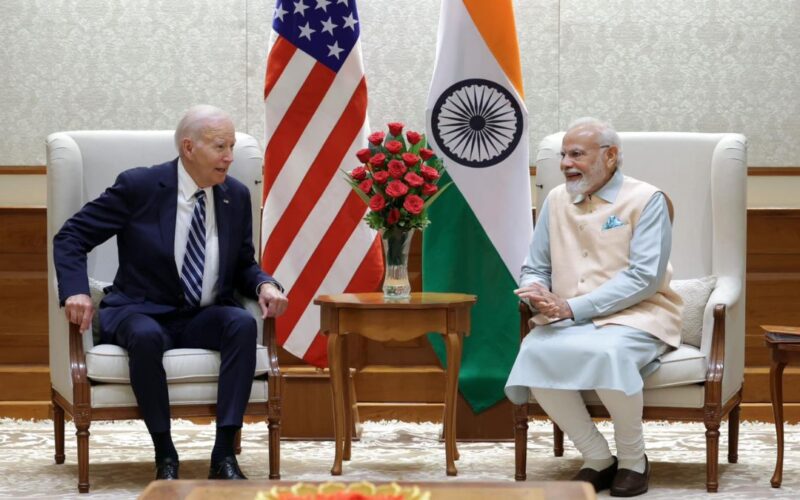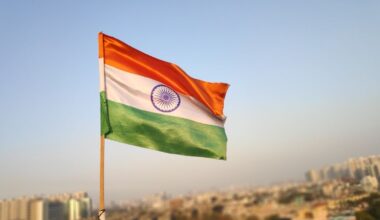The relationship between the United States and India is characterized by a mix of cooperation, competition, and mutual interests. While both countries have made efforts to strengthen their ties in recent years, there are significant challenges and obstacles that hinder the possibility of forging a genuine friendship. In this article, we’ll explore the complexities of the US-India relationship and the factors that may prevent them from becoming true friends on the global stage.
Geopolitical Rivalry
Despite shared democratic values and common interests, the US and India are geopolitical rivals in the Indo-Pacific region. Both countries seek to assert their influence and maintain strategic dominance in the region, leading to competition and friction over issues such as territorial disputes, maritime security, and regional alliances.
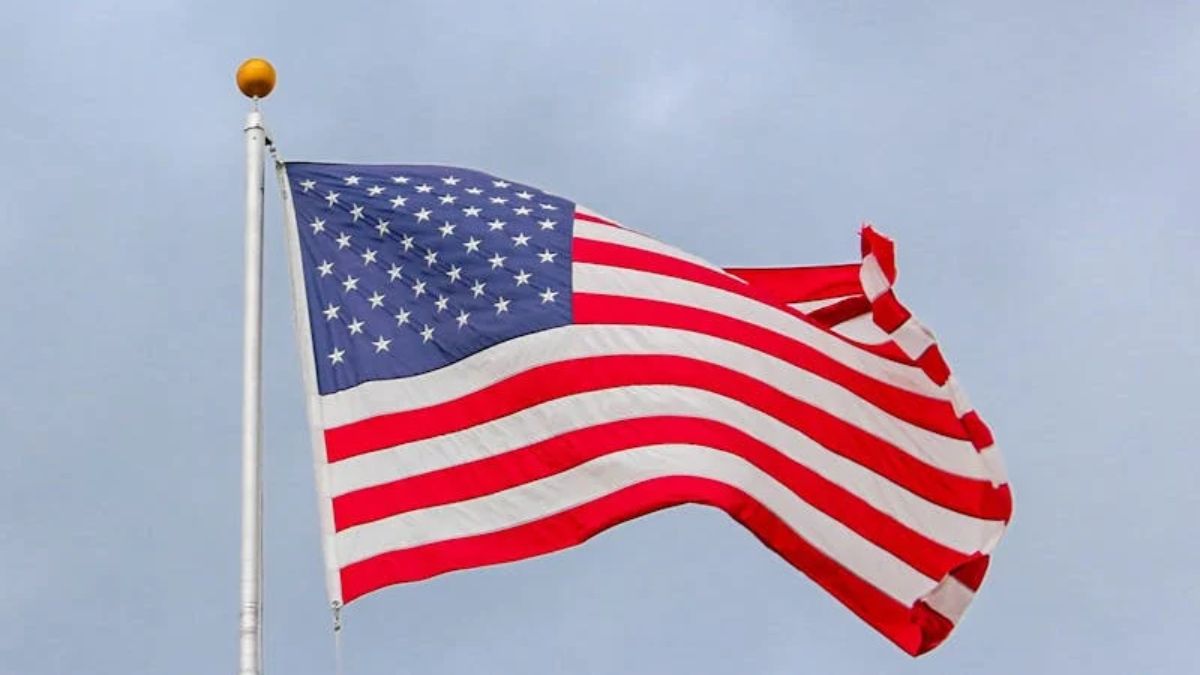
Historical Tensions
Historical tensions and conflicts have left a lingering impact on the US-India relationship, creating mistrust and resentment on both sides. India’s non-alignment during the Cold War era and its close ties with the Soviet Union strained relations with the US, while US support for Pakistan during various conflicts further soured bilateral ties.
Strategic Interests
The US and India have divergent strategic interests that may not always align, particularly in sensitive areas such as defense, security, and nuclear proliferation. While both countries share concerns about regional stability and terrorism, they may pursue different approaches and priorities in addressing these challenges, leading to diplomatic tensions and disagreements.
Cultural Differences
Cultural differences and perceptions also contribute to the complexities of the US-India relationship. While there is a growing appreciation for Indian culture and traditions in the US, cultural misunderstandings and stereotypes persist on both sides, hindering genuine understanding and empathy between the two nations.
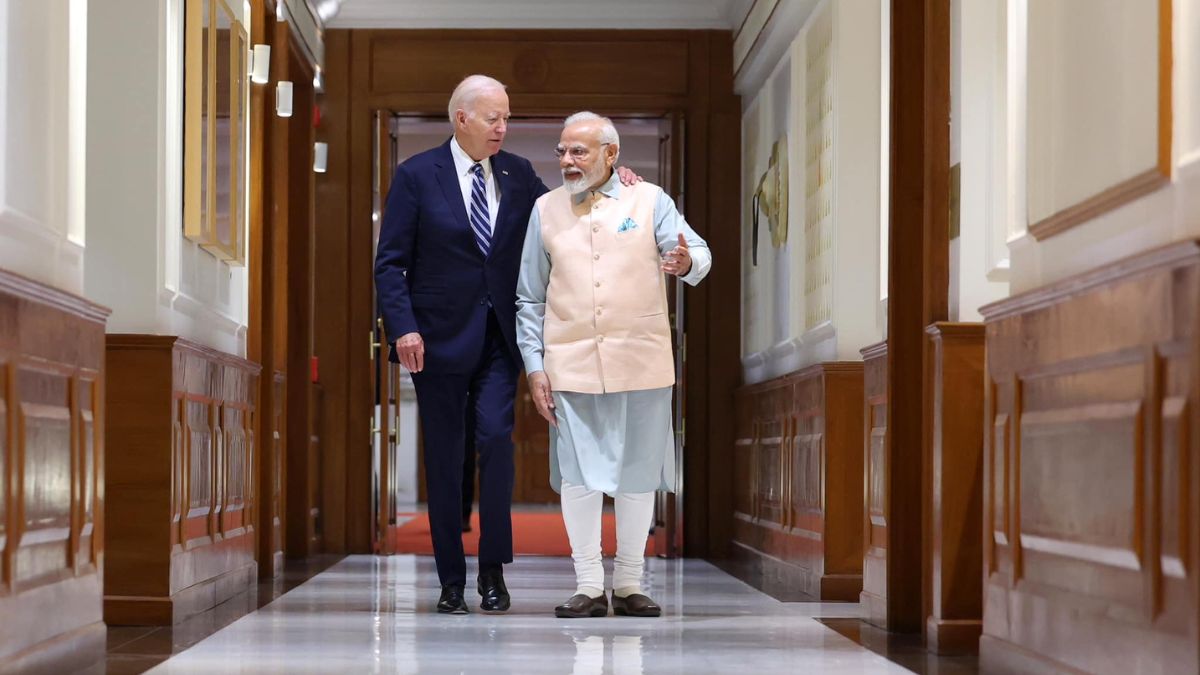
Economic Competition
Economic competition and trade disputes pose another challenge to the prospect of US-India friendship. Both countries are major economic powers with competing interests in trade, investment, and market access. Issues such as tariffs, intellectual property rights, and trade imbalances have strained economic relations and hindered efforts to deepen economic cooperation.
Bilateral Ties with Other Nations
The US and India’s bilateral ties with other nations, particularly China and Pakistan, also influence their relationship with each other. India’s growing strategic partnership with the US is viewed with suspicion by China, while US support for Pakistan and its role in the Afghan peace process complicates relations with India.
Domestic Politics
Domestic politics and internal dynamics in both countries can impact the trajectory of the US-India relationship. Changes in leadership, shifts in foreign policy priorities, and domestic political considerations may affect the tone and direction of bilateral ties, creating uncertainty and instability in the relationship.
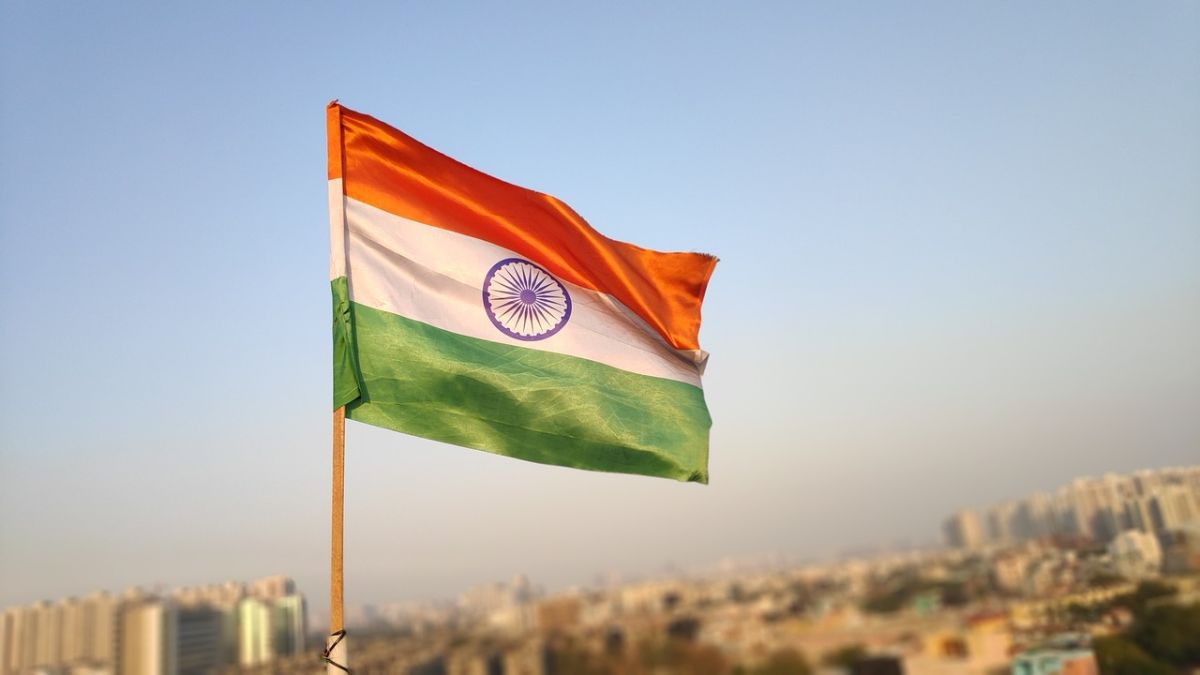
Foreign Policy Objectives
The US and India have distinct foreign policy objectives that may not always converge. While the US prioritizes its global leadership role and security alliances, India focuses on regional stability, economic development, and non-interference in internal affairs. These differing objectives can lead to divergent policies and priorities that strain bilateral relations.
While the US and India share common interests and values, the complexities of geopolitics, historical tensions, and divergent strategic objectives pose significant challenges to the prospect of forging a genuine friendship. Despite efforts to strengthen bilateral ties through strategic partnerships and diplomatic engagements, deep-rooted issues and structural barriers may continue to hinder the development of a true friendship between the two nations. However, by addressing these challenges with pragmatism, mutual respect, and a willingness to overcome differences, the US and India can work towards building a more constructive and cooperative relationship that serves their shared interests and contributes to global peace and stability.
